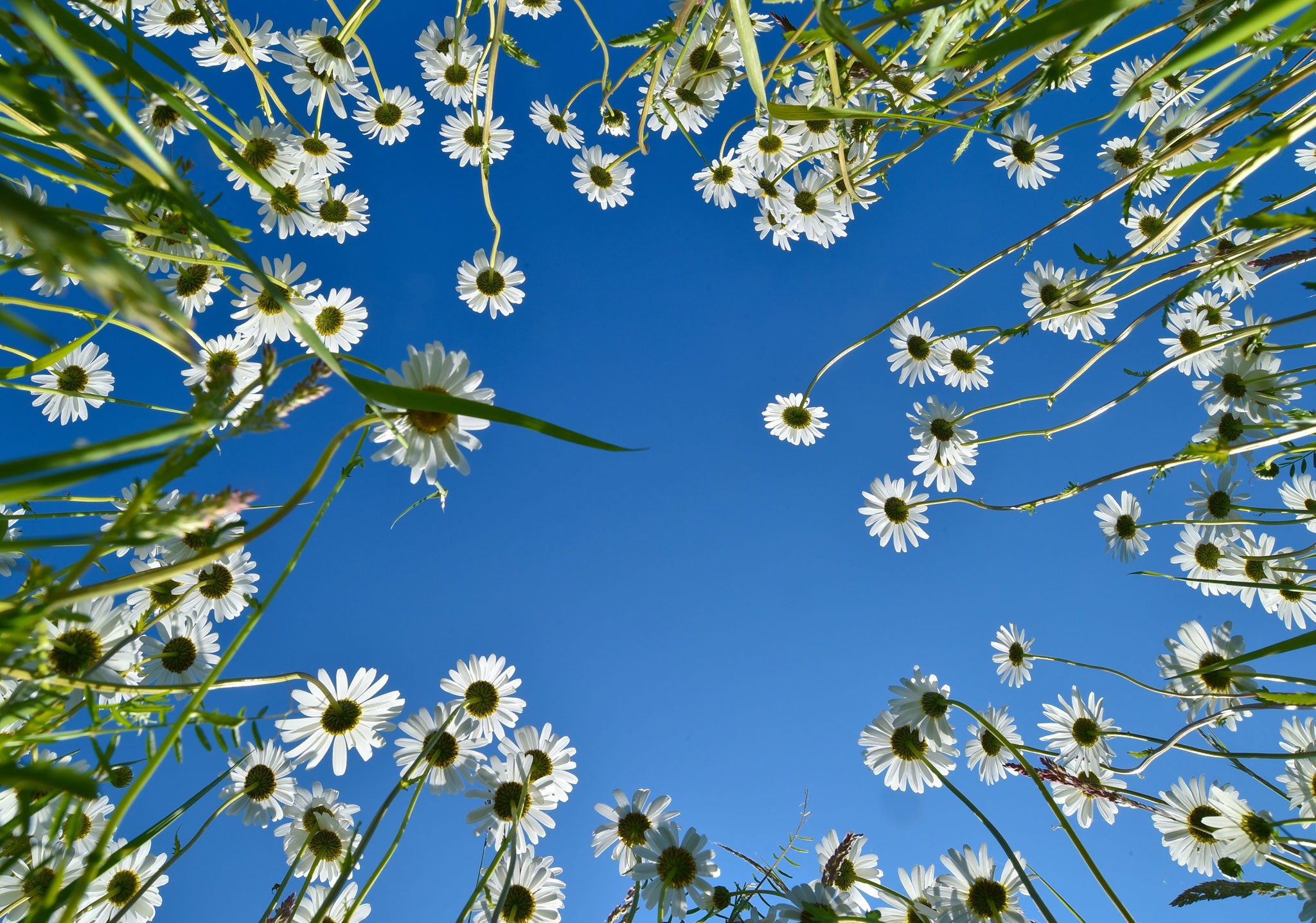Autumn is the season for walking and much of the writing included in While Wandering: A Walking Companion (Vintage, £10.99) supports Søren Kierkegaard's view that you can "walk yourself in to well-being".
The editor Duncan Minshull captures the relationship between walking and creativity in his introduction – "Walking gives rise to thought, which leads to expression" – and, from Shakespeare to Iain Sinclair, the standard of Minshull's selections is high. Henry David Thoreau claims that, when traversing the countryside, "we find our reflections of a richer variety than the life of cities," but William Hazlitt writes brilliantly of the Alps and Paris ("a vast pile of tall and dirty alleys"). Tantalising passages from novels, travelogues, as well as poetry, will inspire you to seek out other books and hit the road.
Twenty-three centuries after his death, you might be familiar with Aristotle's ideas about poetics and politics but, in The Lagoon (Bloomsbury Circus, £25), Armand Marie Leroi argues that the Greek philosopher's studies in biology "flow like a subterranean river through the history of our science". Leroi examines the zoological theories that Aristotle formulated while studying wildlife on Lesbos in 345 BC. Aristotle's findings were ingenious even when they were inaccurate and Leroi celebrates the belief that every living creature reveals "something natural and something beautiful". Whether Aristotle is exploring the meaning of existence, the structure of the human heart or the souls of cuttlefish, Leroi is an enthralling and irreverent guide to "the first scientist".
It was one of Aristotle's students, Theophrastus, who pioneered the study of plants, Kathy Willis and Carolyn Fry explain in Plants: from Roots to Riches (John Murray, £20). Their history of botany begins in the 18th century, when scientists brought specimens back to Kew Gardens from the colonies of the British Empire, moves through Charles Darwin's momentous discoveries, and concludes by discussing ways we can combat climate change. "Plants will certainly provide at least some of the solutions," they write. Seasoned green-fingered types might find its insights rudimentary but, for novices, this book is an accessible introduction, enriched by archive images.
Dave Goulson's ramshackle French farm is a modest setting compared to Kew but the wildlife he encounters there, including snakes and death-watch beetles, provide the impetus for A Buzz in the Meadow (Jonathan Cape, £16.99). Goulson, a professor of biological sciences, discusses, among other things, the importance of bees and African bat bugs' brutal mating rituals, as he shifts seamlessly between scientific analysis and autobiography. Urgent and impassioned, he emphasises the interconnectedness of species and warns: "Insect are vanishing." He can sound hectoring but the stakes are high and he manages to be self-effacing while delivering a "wake-up call, to cherish life in all its forms".
With chapters devoted to everything from invertebrates to mammals, Katie Scott and Jenny Broom's Animalium (Big Picture Press, £20) is a museum in print. Combining elegant illustrations and writing, it introduces children to the importance of biodiversity and the glories of the animal kingdom. Ornithologists of all varieties will cherish Jonathan Elphick's encyclopaedic The World of Birds (Natural History Museum, £40) but, if you want a more singular work, Errol Fuller's The Passenger Pigeon (Princeton, £29.95) celebrates a species which existed in their billions before dying out 100 years ago. Photographs, paintings and even a musical score complement Fuller's prose in a beautiful memorial to "one of the great icons of extinction". As Fuller says of some of his book's images: "They almost bring the bird back to life… Almost, but not quite."

Join our commenting forum
Join thought-provoking conversations, follow other Independent readers and see their replies
Comments